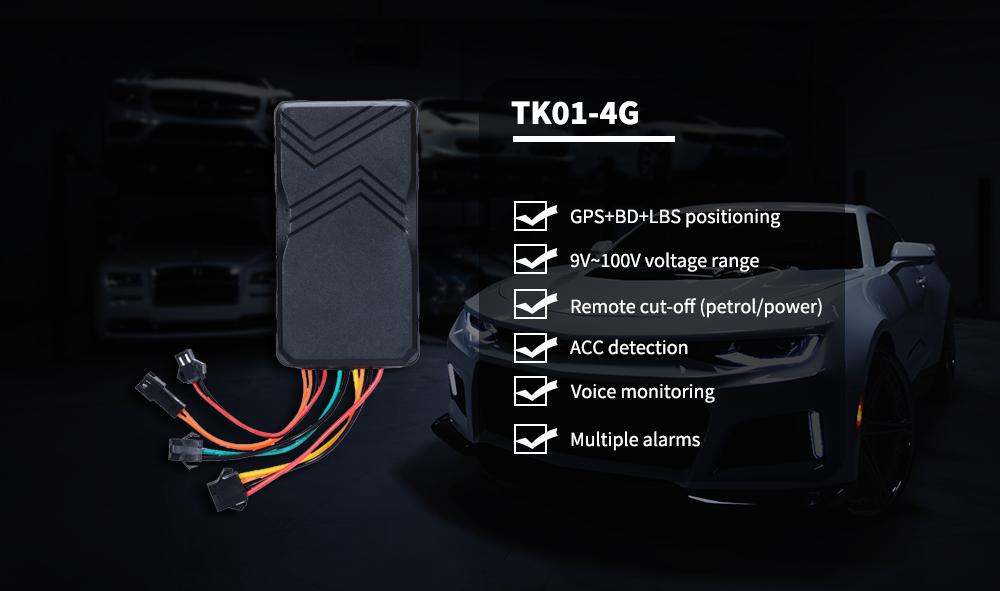Is GPS tracking right for you and your fleet? The short answer is yes! No matter the size of your fleet, you can save time and money using a fleet management system. Let’s dive into the importance of fleet management!
What is GPS fleet GPS tracking?
GPS fleet tracking is a management system that businesses in transportation industries, such as trucking and car services, often use to monitor company assets, including vehicles, equipment, and drivers. GPS fleet tracking systems (telematics) allow companies to know where their merchandise and equipment are in near real time and provide useful data about fleets and driver performance.
A telematics solution can help your business reduce costs (such as those for fuel consumption), manage vehicle maintenance, monitor your mobile workforce and maintain driver safety and compliance.
![]()
How does a fleet vehicle tracking system work?
Vehicle GPS tracking systems usually rely on a hardware and on a software part.
GPS tracker collects data in combination with the GPS coordinates of a vehicle (for example, specific vehicle information such as speeding is gathered together with position of the vehicle and time of the data collection).
GPS tracking platform displays data collected in different forms to software users, such as location of vehicles on a map, specific details in table format, reports on activity starting and finishing and much more.
Which problems does a vehicle fleet GPS tracking system solve?
There is quite a good number of problems that vehicle tracking technology is able to tackle successfully if accompanied by an intelligent management.
Regarding probably the less specific ones, we can find for example:
Cost reduction
The system can save money in a number of ways, from reducing administrative time to decreasing global fuel consumption, from checking drivers’ position without the need of making phone calls to decreasing insurance premiums.
Improved Lifecycle Management
Monitoring of driver behaviour, the information on vehicle performance as well as the alerts and notifications improve lifecycle management of the fleet. Good lifecycle management is essential to any company managing fleet, which can lead to cutting of excessive costs, to improved safety, to better time management as well as to more effective business.
Checking on vehicle use
The technology allows to detect improper use as well as detours or allows the implementation of driver identification add-ons to make sure only authorised drivers use a fleet vehicle.
More Efficient Business
Thanks to reduced costs, improved driver behaviour and improved lifecycle management, your company can be more efficient. Revenue is increased, time is spent more effectively, customer satisfaction rises, safety is increased, the best drivers can be found and kept among the staff, management can be more accurate and managers gain more control, service time can be better managed and there are other factors improving business processes.
Customer Satisfaction
The satisfaction of your customers rises, as the management of your company has the tools to manage processes more accurately, to get all the information needed much faster and to better manage the financial resources of the company. This leads to better performance for your customers and might bring further cooperation in the future.

Conclusion
As seen throughout, GPS tracking devices offer the opportunity to improve fleet performance whilst also boost the user experience for customers, meaning greater customer satisfaction and loyalty. With an increased understanding and ease-of-access to vehicle data, the company’s fleet movements and needs can be better understood and managed. As a result, GPS fleet systems are considered to be extremely beneficial.
Learn more about GPS tracking solution for fleet management please visit at: China GPS tracker manufacturer


